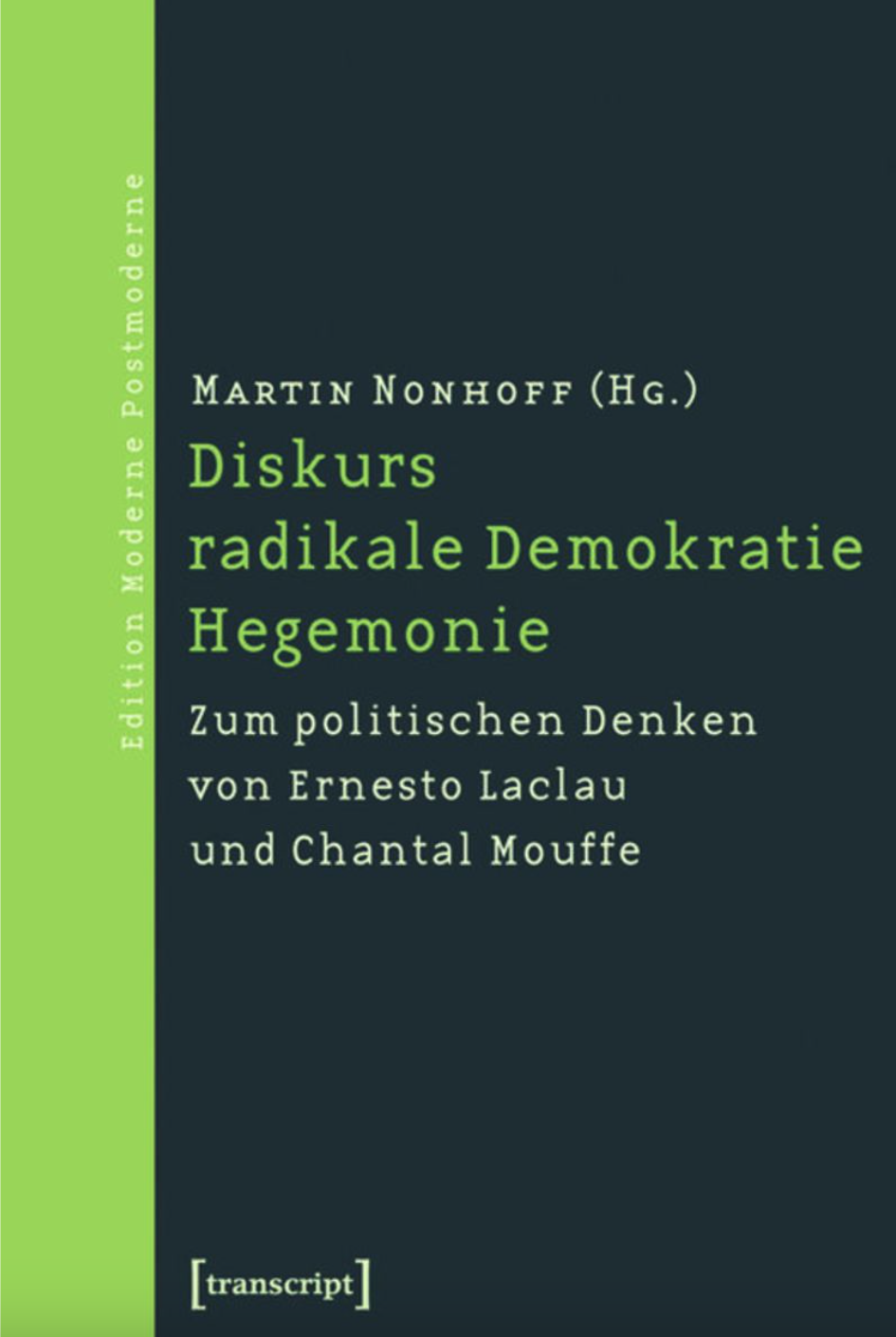
Few political thinkers have influenced the international political and social science theory discourse of recent years as much as Chantal Mouffe and Ernesto Laclau – across paradigm boundaries. Both combine neo-Gramscian, (post-)structuralist and psychoanalytical theoretical elements and thus enable an explanation of political-discursive events, in particular the formation of hegemonies, on the one hand, and a normative theory of agonal democracy on the other.
The contributions in this volume provide an overview of Laclau’s and Mouffe’s key figures of thought, critically examine them and point out methodological and empirical connections.
This volume contains original texts by Ernesto Laclau and Chantal Mouffe, among others.
In the series: Edition Moderne Postmoderne